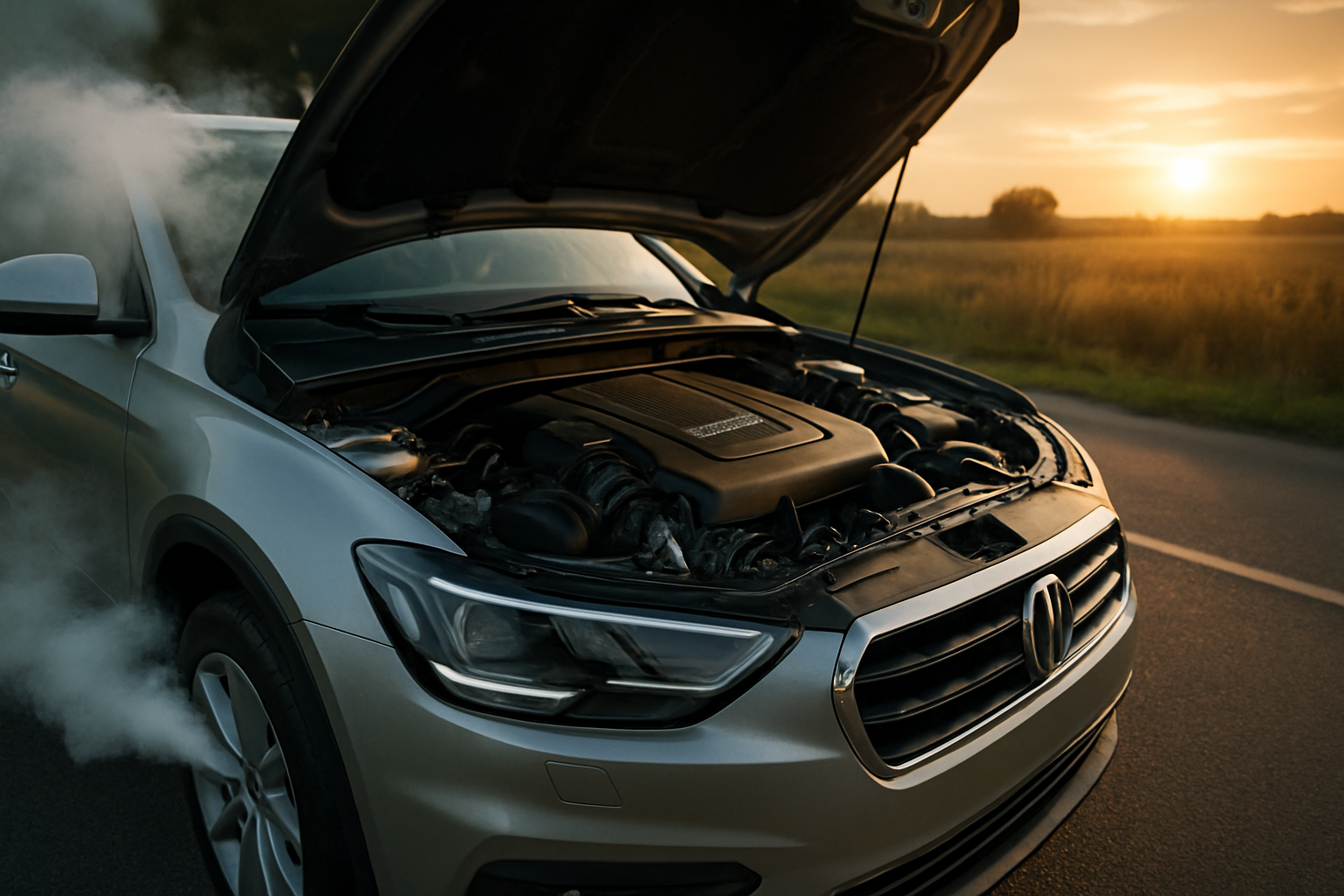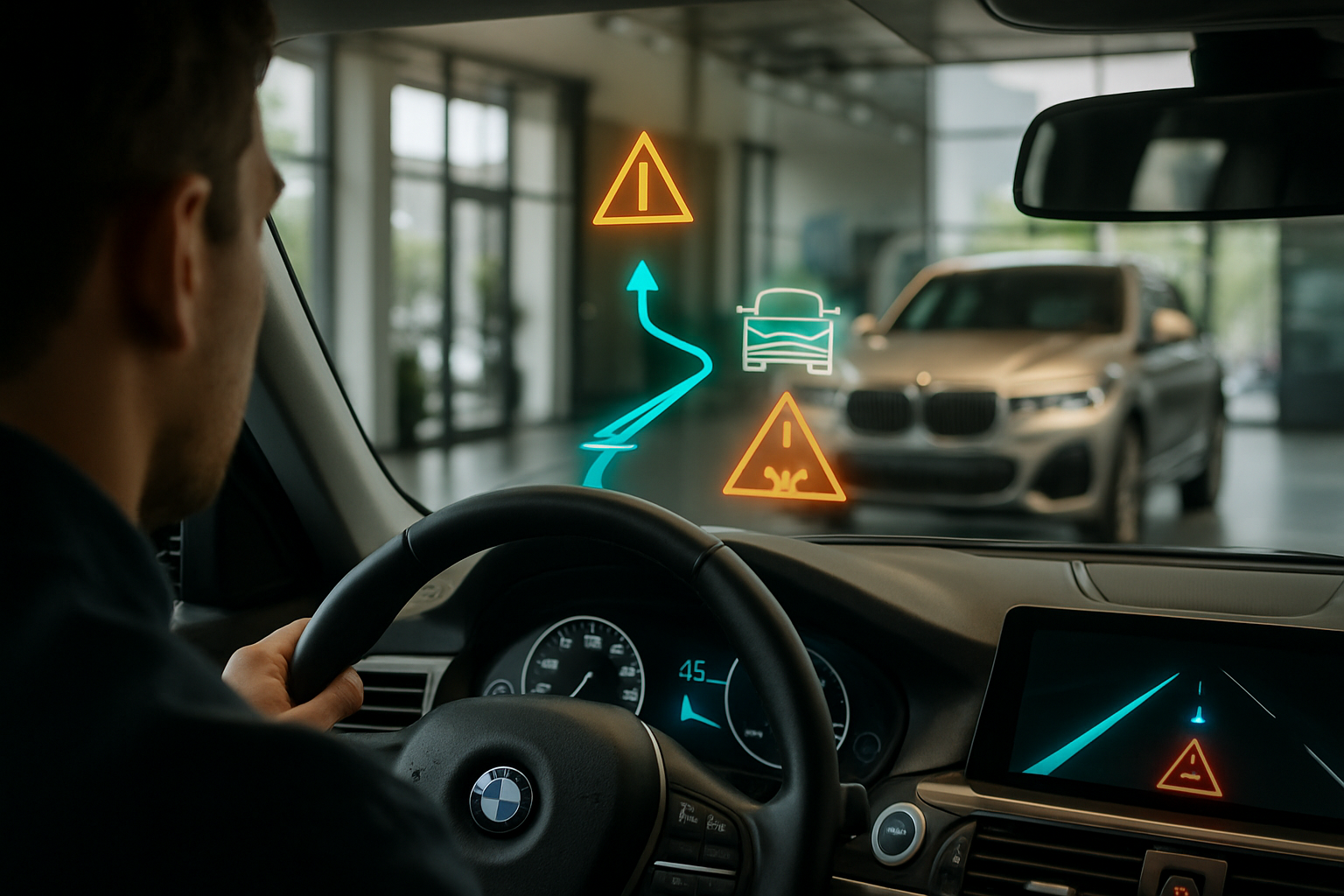The Relevance and Resurgence of Diesel Engines in Modern Cars
To some, the word "diesel" might bring images of loud, smoky, and slow-moving trucks. But modern diesel engines have come a long way from their initial conceptions. They have undergone significant technological advancements, proving to be more efficient and cleaner than ever before. In this article, we'll delve into the history and evolution of diesel engines, their current standing in the automotive industry, and the potential they hold in the future of driving.

Diesel Engines: A Historical Perspective
The diesel engine, named after its inventor Rudolf Diesel, was first introduced in the late 19th century. Diesel originally designed it as an efficient and economical alternative to steam engines. The first diesel engines were large, heavy, and primarily used in industrial applications. Over the years, refinements in technology led to the miniaturization of these engines, making them suitable for use in automobiles.
Technological Advancements in Diesel Engines
Modern diesel engines are a far cry from their earlier counterparts. They have undergone numerous technological advancements to boost their efficiency, power, and environmental friendliness. Common rail direct injection, turbocharging, and sophisticated exhaust treatment systems have made diesel engines cleaner and more fuel-efficient than ever before. In fact, they are often more fuel-efficient than their gasoline counterparts.
Diesel Engines in Today’s Automotive Industry
Despite the rise of electric and hybrid vehicles, diesel engines continue to hold a significant share in the global automotive market, particularly in Europe. They are favored for their durability, fuel economy, and high torque output, making them ideal for heavy-duty vehicles and long-distance driving. However, diesel engines face challenges due to stricter emission regulations and the growing popularity of electric vehicles.
The Impact of Diesel Engines on Driving and the Environment
The modern diesel engine has a considerable impact on driving and the environment. On one hand, diesel engines offer superior fuel efficiency and torque, improving driving performance, especially for heavy-duty and long-distance driving. On the other hand, although modern diesel engines are much cleaner than their predecessors, they still emit more nitrogen oxides and particulates than gasoline engines. However, advancements in exhaust treatment technologies are gradually reducing these emissions.
The Future of Diesel Engines
Given the current emphasis on sustainability, the future of diesel engines lies in further improving their efficiency and reducing their emissions. Manufacturers are investing in research and development to optimize diesel engine technology, such as advanced fuel injection systems, exhaust treatment technologies, and even hybrid diesel-electric powertrains. While electric vehicles are gaining popularity, diesel engines, with their unique advantages, are unlikely to disappear anytime soon.
In conclusion, diesel engines have come a long way since their inception. Despite facing challenges from stricter environmental regulations and the rise of electric vehicles, they continue to hold their ground in the automotive industry. With continuous technological advancements, they are set to become cleaner and more efficient, ensuring their relevance in the future of driving.




